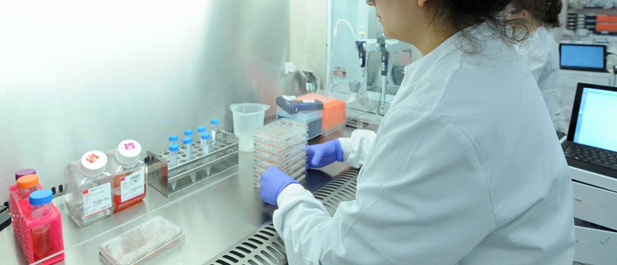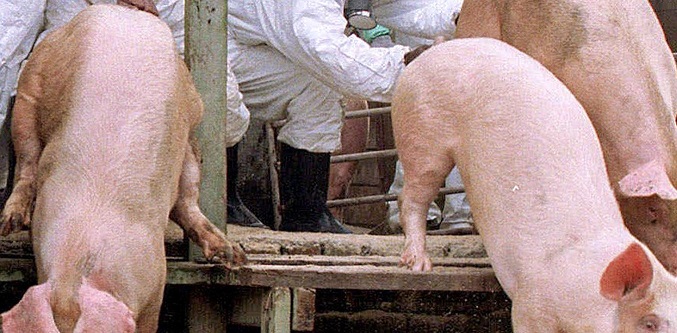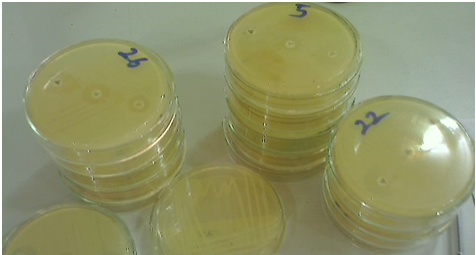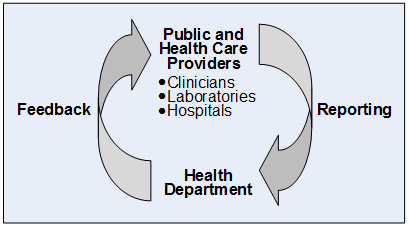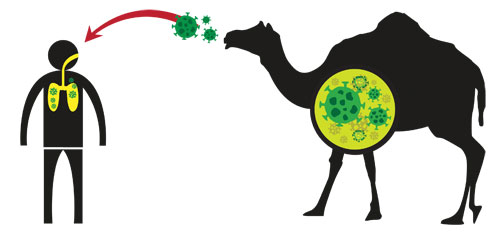What is a stem cell?
A stem cell is a cell with the unique ability to develop into specialised cell types in the body. In the future they may be used to replace cells and tissues that have been damaged or lost due to disease. Figure 1 is an illustration showing a stem cell giving rise to more stem cells or specialised […]
What is a stem cell? Read More »
Cell Culture Notes, Immunology & Immune System
